The Great Gaming Dynasty of the East
Welcome to China's video game landscape in 2025, where the battle for digital entertainment supremacy makes "Game of Thrones" look like a friendly game of checkers. What was once dismissed by parents as "a waste of time" has transformed into a $47 billion industry where companies compete to capture the attention spans (and wallets) of 720 million players. These seven gaming houses aren't just making games; they're creating entire digital universes where millions of people spend more time than they do talking to their actual families.
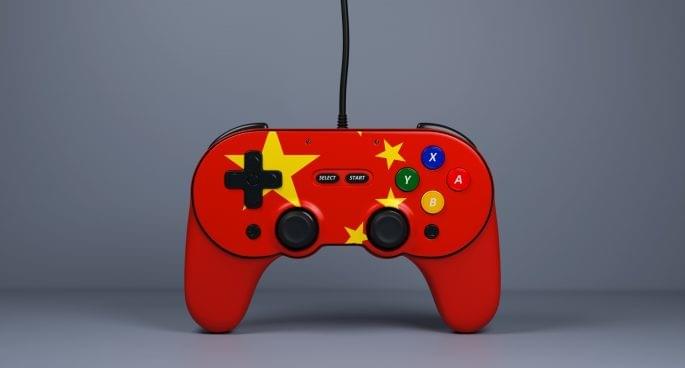
The Imperial Census: Gaming by the Numbers
Before we meet our contestants in the battle for gaming dominance, let's examine some statistics that explain why gaming executives can afford houses with more bathrooms than your entire apartment building has units:
- Total Market Value: $47 billion (roughly the GDP of Tunisia, but with better graphics)
- Global Gaming Influence: 34% (meaning one-third of all gaming decisions now flow through China)
- Mobile Gaming Penetration: 78% (because apparently no one in China can stand being on a subway without gaming)
- Annual Game Releases: 1,200+ (ensuring gamers never run out of worlds to neglect their responsibilities in)
- Global Player Base: 720 million (a population larger than Europe, all frantically tapping screens)
The Seven Great Houses of the Gaming Realm
1. House Tencent: The Lannisters of Gaming (They Always Pay Their Debts—By Acquiring Your Company)
- Annual Revenue: $19.5 billion (more than the GDP of several small nations)
- Global Market Penetration: 15% (they own a piece of everything—check your game collection, they probably own part of that too)
- What They Actually Do: Tencent isn't so much a game company as it is a digital black hole, absorbing everything in its path. If gaming were a Monopoly board, Tencent would own all the properties and be building hotels while everyone else is still trying to pass GO. They've mastered the art of the "why compete when you can acquire?" business strategy.
Games You've Probably Lost Sleep Over:
- Honor of Kings (where millions prove daily they have better thumb reflexes than life skills)
- PUBG Mobile (teaching people the valuable life skill of hiding in virtual bathrooms)
- League of Legends (where friendships go to die in a chorus of "WHY DIDN'T YOU HELP ME?")
- Peacekeeper Elite (PUBG's cousin who went to finishing school)
Their Secret Weapons:
- A global investment portfolio larger than some countries' pension funds
- AI game development that will eventually make human developers obsolete
- Blockchain integration ensuring your virtual items are secure (unlike your free time)
- Cross-platform infrastructure so you can neglect responsibilities on any device
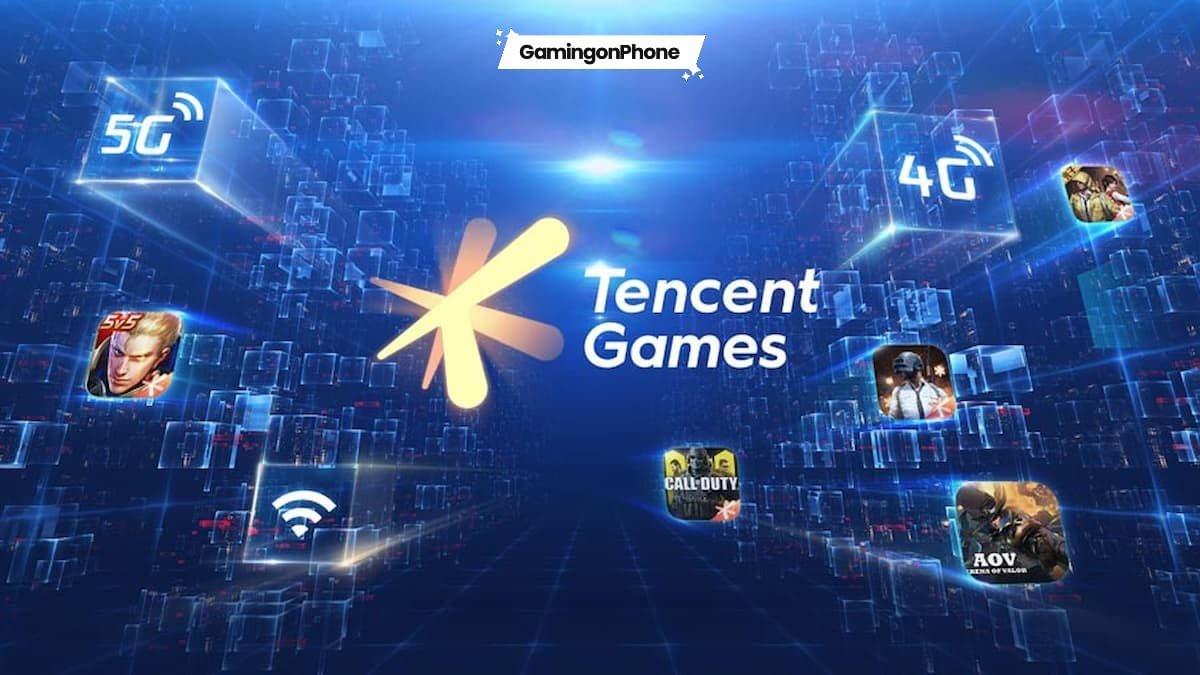
2. House NetEase: The Starks of the North (Innovative, Principled, Surprisingly Resilient)
- Annual Revenue: $8.2 billion (enough to buy several private islands where developers can code in peace)
- International Expansion Rate: 28% (spreading across the globe faster than cat videos)
- What They Actually Do: While Tencent collects gaming companies like Pokémon, NetEase has taken the radical approach of... actually making their own games. Revolutionary, right? They've built their empire on technical innovation and the bizarre strategy of creating games people actually want to play rather than just games they're addicted to.
Digital Obsessions They've Created:
- Onmyoji (proving that ancient Japanese folklore + gacha mechanics = profit)
- Identity V (Gothic horror meets hide-and-seek, with more jumpscares than a haunted house)
- Dead by Daylight Mobile (for people who enjoy being terrified on their morning commute)
- Cyber Hunter (Battle Royale #437, but with parkour and prettier graphics)
Why They Keep Winning:
- Game engines more complex than most aerospace technology
- Global partnerships formed through the ancient art of "actually being nice to work with"
- Game design that makes genre boundaries cry in confusion
- Narrative experiences so engaging players occasionally forget to eat
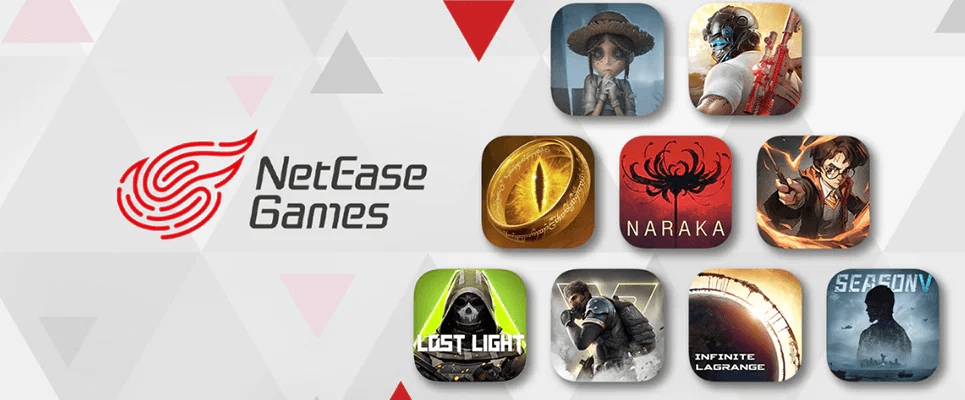
3. House Perfect World: The Tyrells of Gaming (Beautiful, Cultural, Surprisingly Ambitious)
- Annual Revenue: $5.6 billion (not quite perfect, but working on it)
- Global Presence: 40 countries (cultural diplomacy through digital dragons)
- What They Actually Do: Perfect World looked at the gaming industry and said, "What if games were just one part of a larger entertainment ecosystem?" and then proceeded to create transmedia experiences that make Marvel's cinematic universe look unambitious. They're not just making games; they're creating cultural phenomena that happen to include gaming.
Virtual Worlds You've Lost Yourself In:
- Perfect World (the MMORPG so massive it's named after the company, or is it the other way around?)
- Zhu Xian (where Chinese mythology meets grinding for gear)
- Battle of Jinshe (historical strategy for people who find actual history books too short)
- CityU Mobile (simulating city management with fewer consequences than real mayors face)
Their Not-So-Secret Strategies:
- Transmedia development ensuring their stories appear in more formats than you have devices
- Educational elements subtle enough that players don't realize they're learning something
- Cultural narratives deep enough to require literature degrees to fully appreciate
- Universe-building extensive enough to make sci-fi authors jealous
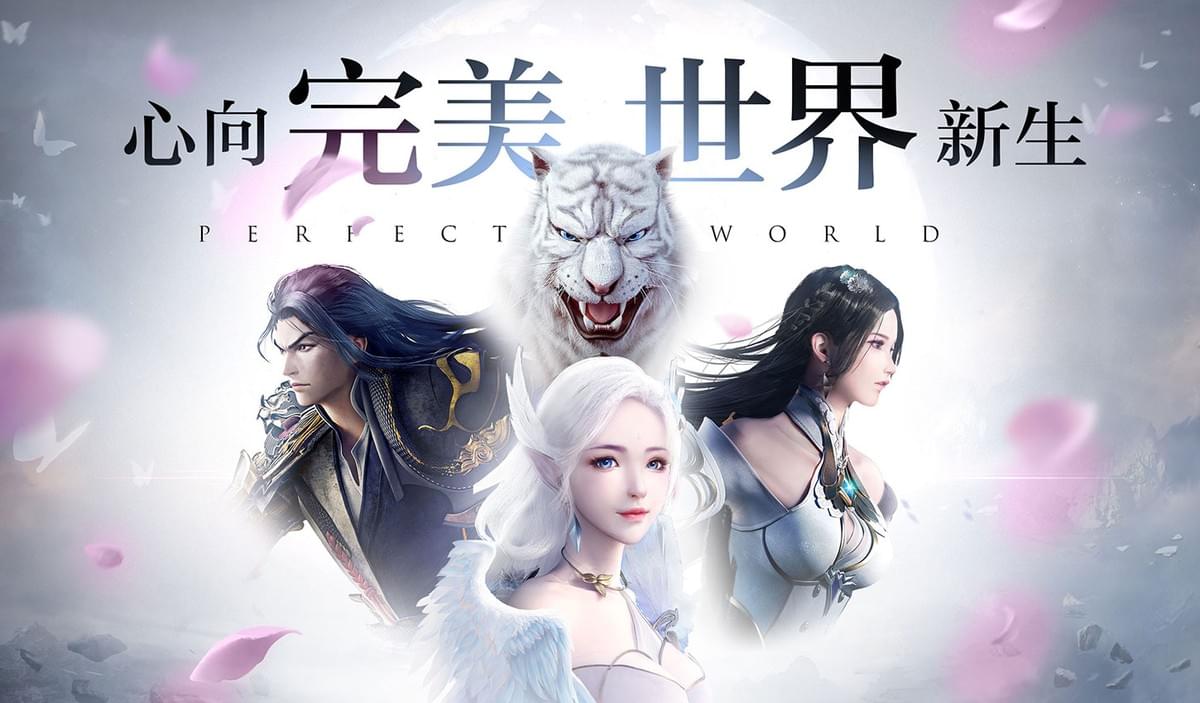
4. House Shengqu Games: The Greyjoys of Mobile (Fast-Raiding, Resource-Efficient, Surprisingly Effective)
- Annual Revenue: $3.9 billion (proof that mobile gaming is no longer the "little brother" of the industry)
- Mobile Market Share: 22% (dominating the screens people stare at most)
- What They Actually Do: Shengqu Games has mastered the art of making games perfectly designed for those precious moments when you're avoiding eye contact on public transportation or pretending to be busy to avoid small talk. They create gaming experiences specifically engineered to be played in 3-5 minute bursts, which somehow add up to 5 hours of daily playtime.
One-Handed Time Devourers:
- Kings of Honor (strategic conquest you can manage during bathroom breaks)
- Moonlight Blade Mobile (martial arts fantasy for people with attention spans longer than TikTok videos)
- Legendary: Game of Heroes (matching gems has never felt so much like saving the world)
Mobile Domination Strategy:
- Hyper-casual games designed to be learned in seconds but played for years
- AI personalization that knows what you want to play better than you do
- Social features that turn solo gaming into a community experience
- Development cycles so rapid their programmers probably dream in code
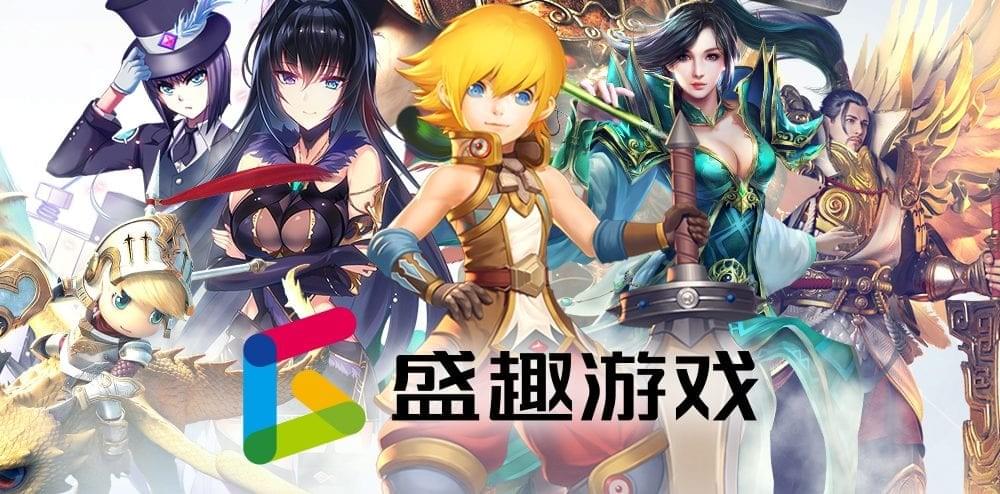
5. House MiHoYo (HoYoverse): The Targaryens of Gaming (Beautiful, Slightly Mad, Definitely Game-Changers)
- Annual Revenue: $4.5 billion (earned primarily through making players fall in love with digital characters)
- Global Player Community: 100 million+ (united by their willingness to spend money on anime-styled collectibles)
- What They Actually Do: MiHoYo looked at the gaming industry's obsession with realism and said, "What if everything was anime instead?" Then they proceeded to create games so visually stunning and narratively engrossing that players willingly sign over their credit card information in exchange for the chance to collect digital characters. Their games aren't just played; they're experienced, discussed, theorized about, and occasionally cried over.
Reality Escape Mechanisms:
- Genshin Impact (proving that "free-to-play" can mean "willing-to-pay-thousands")
- Honkai: Star Rail (turn-based strategy for people who want their combat both strategic and unnecessarily beautiful)
- Honkai Impact 3rd (action combat with a side of existential crisis)
Their Magical Powers:
- Anime aesthetics that make reality look disappointing by comparison
- Cross-platform experience smoother than most companies' single-platform games
- Community engagement bordering on religious devotion
- Graphics technology that somehow makes phones run hotter than the surface of the sun

6. House Lilith Games: The Martells of Gaming (Strategic, Patient, Surprisingly Deadly)
- Annual Revenue: $2.8 billion (accumulated through mastering the dark arts of player retention)
- International Reach: 35 countries (strategic conquest, one app store at a time)
- What They Actually Do: Lilith Games has mastered the art of creating games that initially seem simple but gradually reveal depth that would make chess grandmasters sweat. They understand human psychology so well that their games should probably come with addiction warnings. Their specialty? Making you think "just five more minutes" every five minutes for five hours.
Time Vortex Simulators:
- AFK Arena (the game that ironically keeps you from being AFK in real life)
- Rise of Kingdoms (historical strategy that's caused more lost sleep than actual historical wars)
- Dislyte (proving that mythology + pop music + gacha = profit formula)
Their Strategic Advantages:
- Game design driven by enough player data to make privacy advocates faint
- Retention algorithms that could keep people engaged with watching paint dry
- Esports integration that turns casual players into aspiring professionals
- Monetization models so seamless you don't realize you're spending money until you check your bank statement
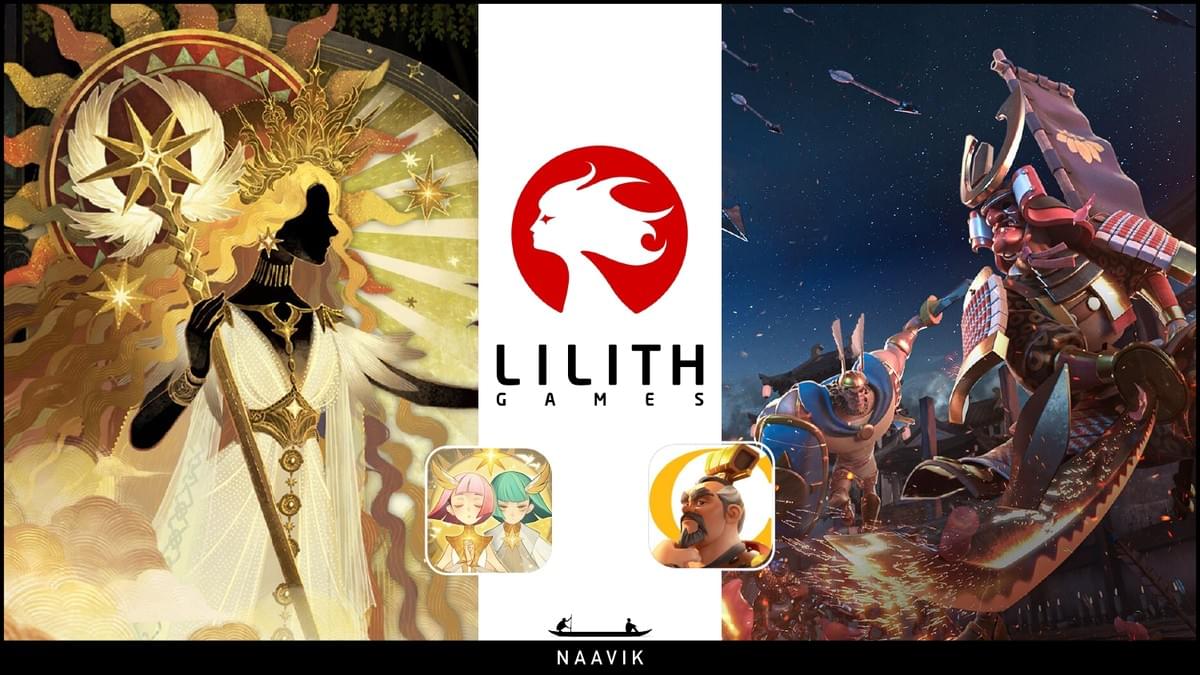
7. House Sanqi Mutual Entertainment: The Night's Watch of Gaming (Experimental, Dedicated, Surprisingly Influential)
- Annual Revenue: $2.3 billion (not bad for the new kids on the block)
- Focus Areas: Emerging markets and experimental gameplay
- What They Actually Do: While the established houses fight over familiar territory, Sanqi is out exploring the uncharted lands beyond the wall. They're the gaming equivalent of that friend who was into things "before they were cool," experimenting with gameplay mechanics and business models that the bigger companies are too risk-averse to try. Sometimes they fail spectacularly, but when they succeed, everyone else scrambles to copy them.
Digital Experiments You've Probably Tried:
- Crossing Void (crossover characters that make "Avengers" look like a small gathering)
- Slime Hunter (proving that even the most basic fantasy concepts can be addictive with the right mechanics)
- Zero City (post-apocalyptic strategy for people who find the real world too cheerful)
Their Experimental Edge:
- Game mechanics weird enough to make traditional designers uncomfortable
- Blockchain economies that might actually make sense (results pending)
- Community-driven development that occasionally resembles controlled chaos
- Prototyping capabilities so rapid they sometimes release games before they're entirely sure what they are
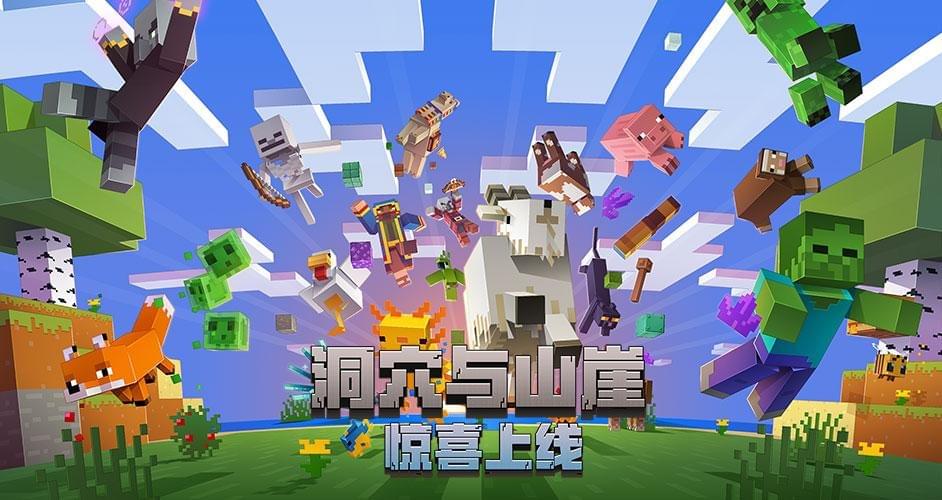
The Future: Winter Is Coming (And It's Digitally Enhanced)
Technological White Walkers Approaching the Gaming Wall
- AI Game Development: Soon games will design themselves, putting human developers out of work but creating perfect addiction machines
- Blockchain Gaming: Because regular gaming economies weren't complicated enough without cryptocurrency
- Cross-Platform Domination: No device shall remain ungamed, from your fridge to your smart toilet
- Narrative Complexity: Stories so involving you'll need spreadsheets to keep track of characters
- Cultural Exchange: Learning about other cultures through killing their mythological creatures
How Foreign Developers Can Join the Game (Without Losing Their Heads)
Essential Survival Tactics:
- Collaboration opportunities that don't end with your IP being "reinterpreted"
- Technology sharing that goes both ways (revolutionary concept!)
- Cultural adaptation beyond just changing the color red to gold
- IP protection strategies more complex than most game plots
- Platform diversity because putting all your games in one app store is like putting all your dragons in one castle
Conclusion: The Game Never Ends
In this gaming version of the Great Houses of Westeros, the battle for supremacy continues with no end in sight. These seven gaming dynasties aren't just fighting for current market share; they're positioning themselves for a future where the lines between games, social platforms, entertainment, and possibly reality itself continue to blur.
Whether you're a player, developer, investor, or just someone wondering why everyone on the subway is staring intently at their phone, one thing is clear: the Chinese gaming industry isn't just changing games—it's changing how the world plays, connects, and spends money on digital items that don't technically exist.